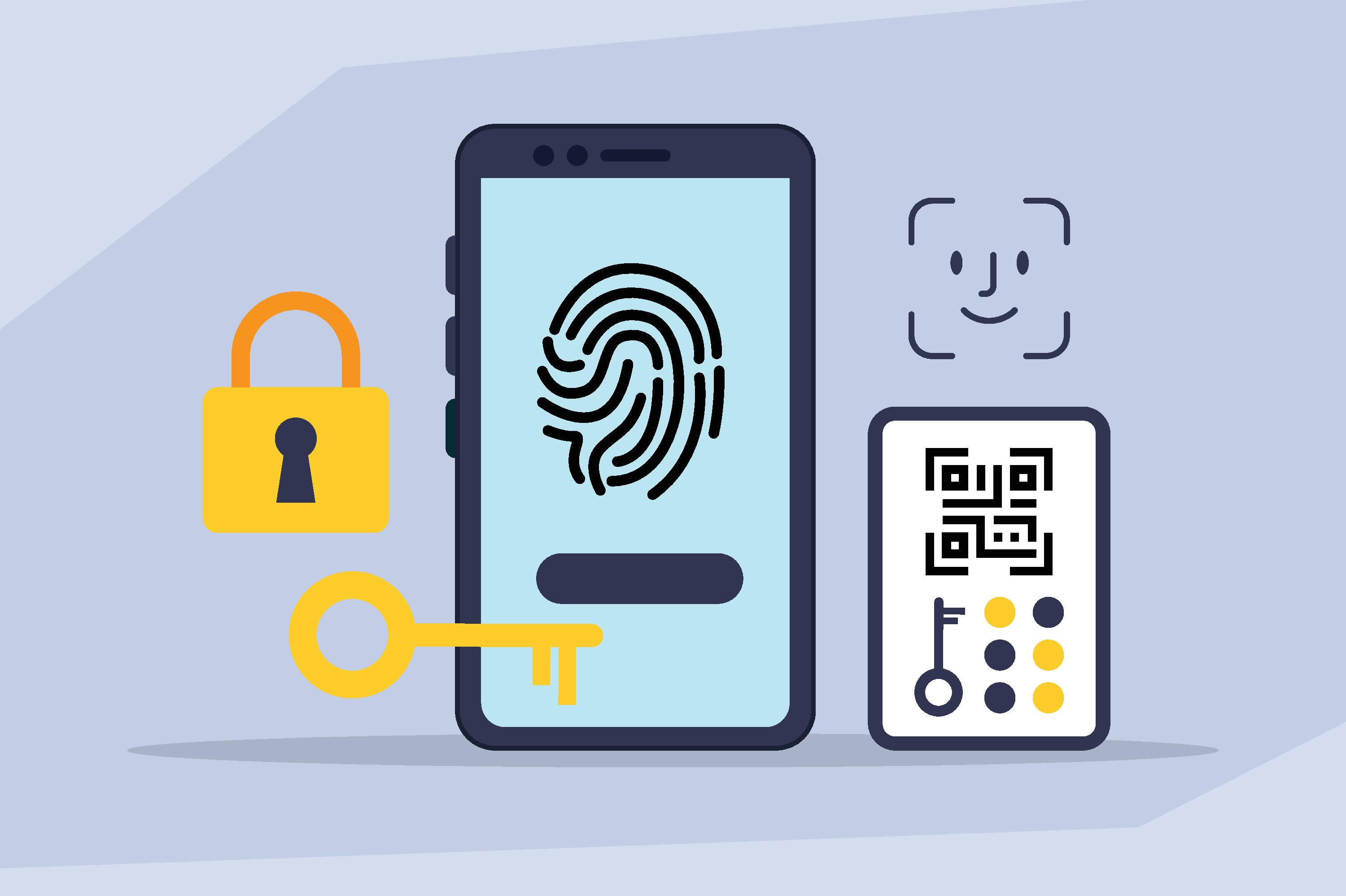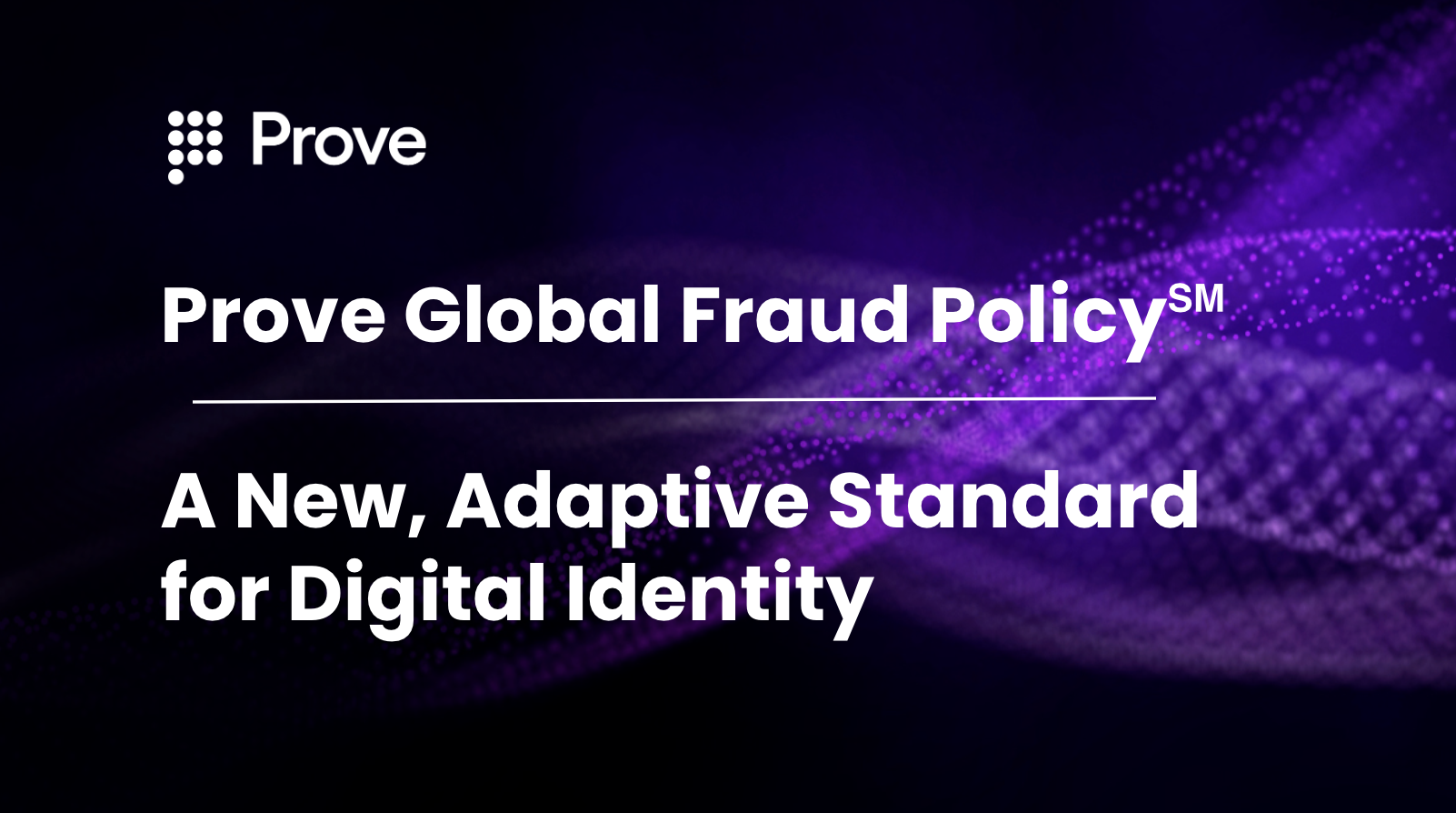Be Ready for Unprecedented Mobile Usage for Financial Services in 2021


The COVID-19 pandemic has accelerated the need to implement much-needed improvements in mobile channels. Companies need to focus more than ever on the mobile customer experience, improve mobile identity and authentication processes, and create new ways to serve customers better in mobile channels.
Mobile channels will continue to experience unprecedented usage
Consumers, out of necessity, have been trained to rely more on mobile apps for services. J.D. Power's recent survey asked consumers how they envisioned interacting with their banks or financial services providers after the Covid pandemic ends. About 32% of consumers responded that they planned to use mobile banking more than they did pre-Covid, and another 5% said they planned to switch to a bank with better mobile capabilities.
Mobile connectivity is growing exponentially
Mobile channels will also naturally become the medium of choice as mobile connectivity itself continues to grow exponentially. According to Cisco's 2020 Annual Internet Report, by 2023, more than 70% of the global population (5.7 billion people) will have mobile connectivity (2G, 3G, 4G, or 5G). The prepaid customer segment, e.g., TracFone, also continues to grow and will be a segment that financial services companies need to include in their plans and find ways to serve them in all experiences.

Serving the mobile-first consumer for onboarding
Many financial services companies can't support mobile consumer needs. Want to open a basic checking account? One top-tier bank asks for 15 pieces of information on a mobile browser session, including a state-issued ID. Due to the length of these cumbersome forms, it's understandable why customers abandon their applications. According to SalesCycle's Remarketing Report, financial application abandonment rates averaged 75.7% across all channels.
Pre-fill techniques remove the customer burden of application data entry by populating applications with verified data and delivering authenticated digital identities to supercharge application velocity. Pre-filled identities can be sourced and verified using phone identity information and other sources that create "bank-grade" data that meets regulatory requirements. A customer can provide a phone number and one more piece of identifying information, and their application is complete.
Pre-filling, by decreasing consumer abandonment, increases revenue. By boosting consumer pass rates for immediate approval of digital card or deposit applications, financial institutions can increase revenue by hundreds of millions of dollars.
Book a Prove Pre-fill™ Demo
Securing your mobile experiences
Fortunately, for security purposes, mobile devices offer the ability to mitigate risk without creating friction. Phone-Centric Identity and phone intelligence technologies synthesize and analyze a robust set of phone, mobile, and other authoritative signals to deliver unparalleled insight for authentication and fraud prevention. The ability to create a trust score on a mobile device allows more good customers to transact while focusing on a rich set of data attributes to detect bad actors.
Conclusion
COVID-19 has acted as a catalyst for increasing mobile usage. Companies need to improve their customer experience for mobile channels to become industry leaders. One way to enhance experiences is to invest in new technologies and innovative identity verification & authentication processes to support the mobile-first consumer.
Receive helpful insights like this article right in your inbox.

Keep reading
 Read the article: Beyond the OTP: Why SMS-Based 2FA Is Failing and What Comes Next
Read the article: Beyond the OTP: Why SMS-Based 2FA Is Failing and What Comes NextExplore the classic conflict between security measures and user friction.
 Read the article: Anatomy of an Account Takeover Attack: Analysis and Response Plan
Read the article: Anatomy of an Account Takeover Attack: Analysis and Response PlanLearn practical strategies for handling identity verification API errors or no-match responses. Explore fallback methods and clear communication tactics to ensure a smooth, user-friendly experience.
 Read the article: Prove Global Fraud Policy℠: A New, Adaptive Standard for Digital Identity
Read the article: Prove Global Fraud Policy℠: A New, Adaptive Standard for Digital IdentityIntroducing the Global Fraud Policy (GFP), Prove’s new unified, adaptive fraud-defense engine that replaces fragmented, custom rules with a single, comprehensive policy that automatically updates as new threats emerge. This forward-looking framework helps businesses anticipate and respond to evolving threats like GenAI deepfakes, synthetic identities, and eSIM bots, protecting customers at scale.












